Published
- 01:00 am
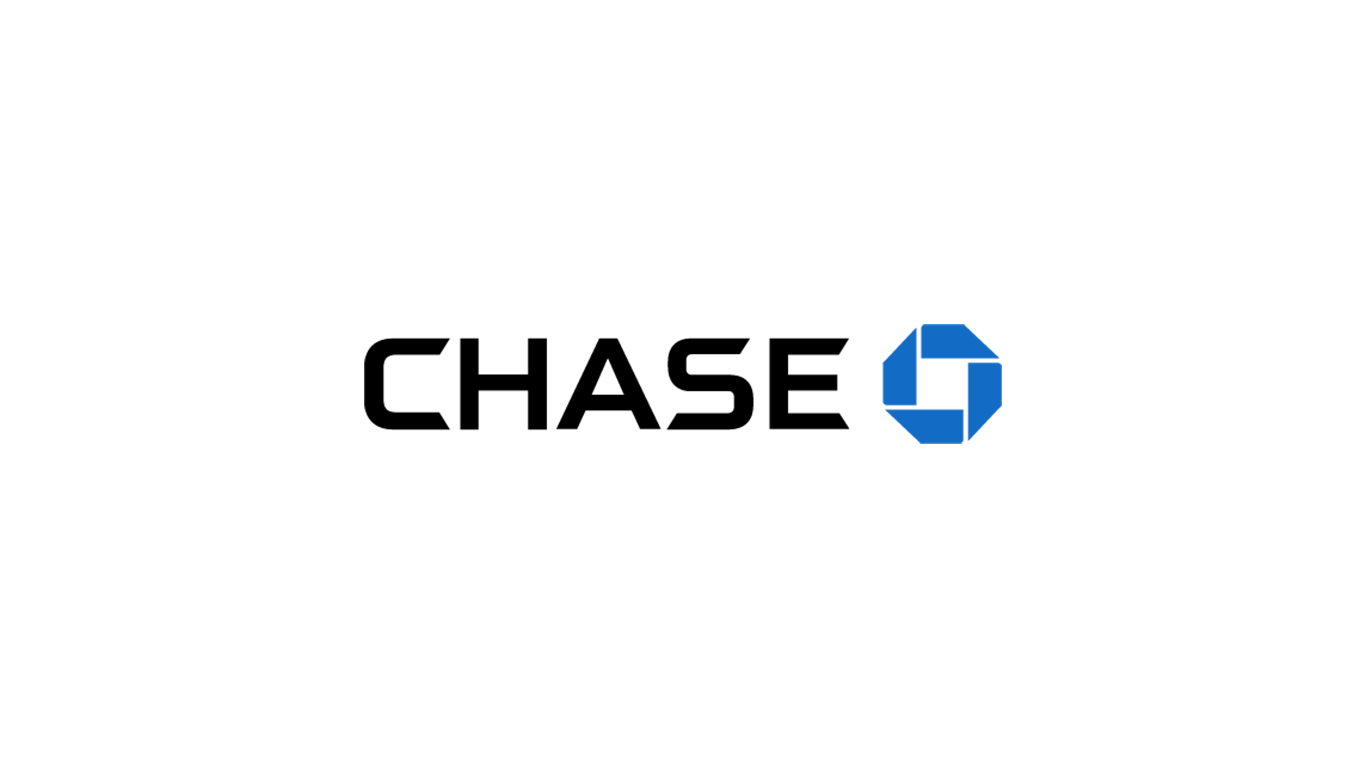
CarGurus, the No.1 visited digital auto platform for shopping, buying, and selling new and used vehicles, today announced the addition of Chase to its multi-lender financing platform, expanding options for consumers looking to pre-qualify for auto financing from the comfort of their homes.
Available nationwide, Chase joins CarGurus’ network of participating lenders — which also includes Capital One, Global Lending Services, and Westlake Financial — to empower consumers with personalized vehicle financing information while enabling dealers to better serve the growing number of shoppers who prefer to arrange financing online. According to CarGurus consumer research, over 70% of car shoppers want to handle more of the process from home, with the majority (56%) citing financing as their top desired online activity. Data also shows that those who pre-qualify for financing are more likely to successfully complete a purchase, with pre-qualified leads through CarGurus being 41% more likely to close compared to leads that aren’t pre-qualified or financed2.
“CarGurus’ partnership with Chase demonstrates our shared vision to equip shoppers with the tools needed to make an informed purchase with confidence and ease, while also helping dealers deliver on their goals for a seamless and efficient customer experience,” said Gerard Murphy, Vice President of Product, Digital Retail, at CarGurus. “We believe this expansion answers a rising need for finance-based shopping tools that allow consumers to better understand how much they can afford earlier in the shopping journey, ultimately helping connect more informed, high-intent car buyers with dealers.”
Customers can pre-qualify for financing directly on the CarGurus website, gaining access to personalized rates and monthly payment scenarios within minutes with no impact to their credit scores. Pre-qualified shoppers can then review vehicles through a more customized lens, seeing their rates and monthly payments on listings available through dealerships that offer Chase financing. Once a vehicle is selected, buyers submit a credit application at the dealership to finalize the financing terms and complete the purchase.
“We want to help car buyers get the financing that’s right for them,” said Anuj Jain, head of Auto Product and Consumer Services at Chase. “By pre-qualifying with Chase early in the process, we hope to give shoppers on CarGurus confidence in their buying power.”
The program is available nationwide through the more than 9,000 dealerships that work with both CarGurus and Chase.
Related News
- 02:00 am
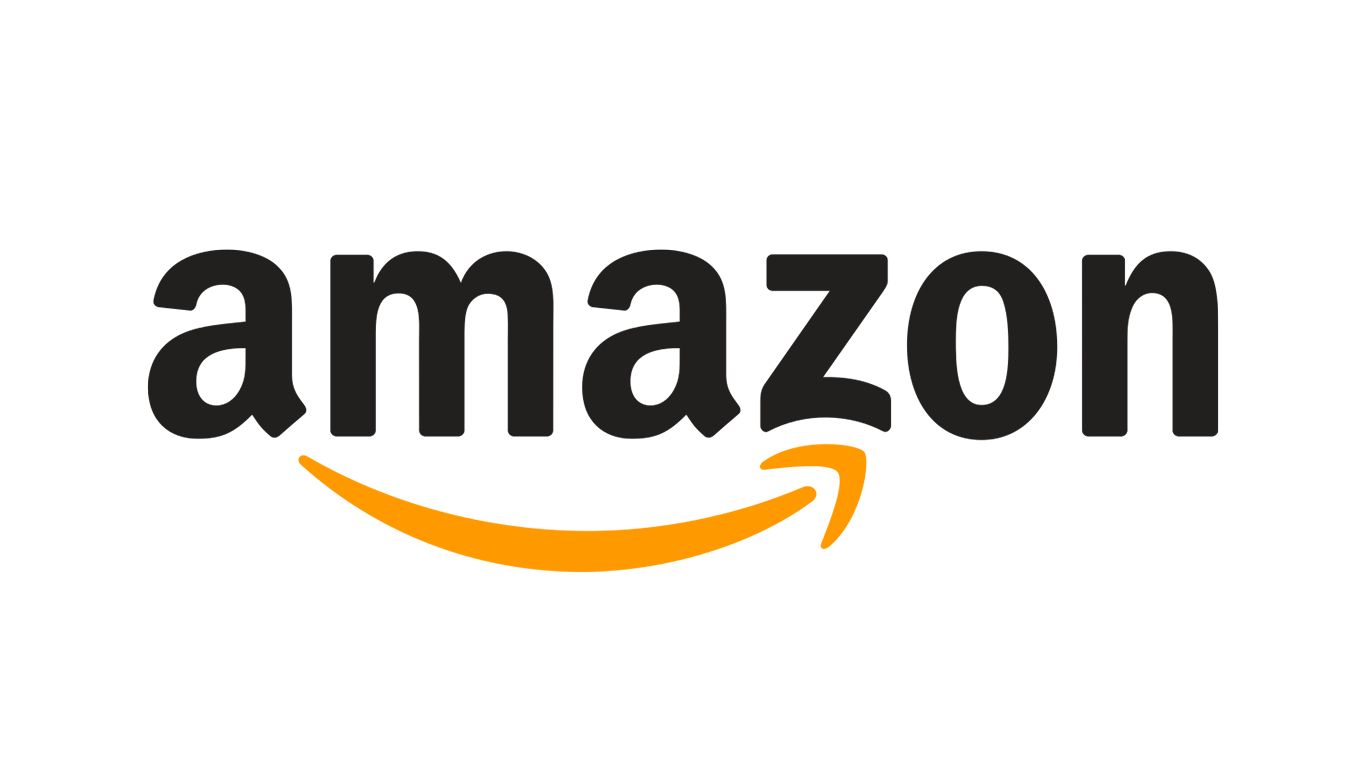
Kueski has taken a major leap forward as a company and in expanding financial access for everyday Mexicans. For the first time in Mexico, Kueski offers a BNPL option on Amazon through Kueski Pay. The option to buy now, pay later will be available to all eligible Amazon customers over 18 in Mexico over the coming months.
The beauty of Kueski Pay is that consumers don’t need a credit card or even a credit history to use this payment option. That’s one of the ways help to connect the Mexican economy. By teaming up with Amazon in Mexico and other merchants, it makes shopping online easier, more transparent, and convenient for everyone.
Kueski is the leading online consumer credit and BNPL platform in Latin America. One in four of the largest e-commerce merchants in the country offers BNPL through Kueski Pay as a payment solution. They have already partnered with thousands of other online merchants and brick-and-mortar retailers to integrate Kueski Pay at checkout.
Kueski is going to extend well beyond the number of loans they’ve already granted (nearly 15 million!) throughout Mexico.
Kueski is doubling down on its commitment to connecting the Mexican economy and increasing access to financial services for consumers. For merchant partners, this translates into more new customers and higher sales. The merchants have already expressed an increase of up to 70% growth in conversion rates and 40% higher purchase frequency by offering Kueski Pay.
What this means for consumers:
- Shopping will be more convenient. Customers will be able to shop for the products with the option to pay overtime in up to 12 bi-weekly installments.
- No credit card is necessary to use Kueski Pay as a payment option on Amazon Mexico (or anywhere!), which is particularly beneficial given that more than 60% of adults in Mexico are still unbanked and over 70% of the population does not have a credit card.
- Kueski delivers to consumers the flexibility they demand. 60% of our customers declare that even though they have a credit card, they still prefer to use Kueski Pay as a payment option because of our product’s flexibility.
SVP of Finance, Kueski, Andrew Seiz, adds:
“This agreement enables Amazon customers to enjoy, for the first time in Mexico, a buy now, pay later option at checkout. This is a huge step forward for Kueski as a leader in flexible payment solutions. Making BNPL available on Amazon Mexico gives millions more people access to the vast Amazon marketplace wherever they are in the country. We are thrilled to help pave the way forward for BNPL and increase access to financial services for all Mexicans.”
Of our agreement, Karen Pepper, Head of Digital Payments for Amazon Mexico, says: “Customers are increasingly looking for flexible payment options to help them meet their purchasing needs. Paying in bi-weekly installments with Kueski Pay is Amazon’s latest initiative to provide customers in Mexico with access to affordable payment methods, and expanding Amazon’s secure financing offers with a simple fee structure demonstrating our commitment that Amazon is for everyone.”
Related News

Nikhita Hyett
European Managing Director at BlueSnap
Gone are the days of paying with physical cards for services su see more

Janthana Kaenprakhamroy
Founder and CEO at Tapoly
The global insurance industry is poised for an exciting and profitable year. see more
- 06:00 am

Hargreaves Lansdown (HL), the UK’s leading provider of savings and investment services, announced today that Ecospend’s Pay-by-Bank solution is now available for HL’s ISA, and general investment accounts following its initial launch in May 2023 to its Active Savings clients where it processed over £850 million. The adoption rate is expected to reach well over 30%.
Ecospend, the UK’s leader in Open Banking technology recently acquired by Trustly, provides a solution that helps HL clients make payments directly into their HL accounts without the need for cards. Payments are authorised through the client’s chosen online banking service (in-app or website) typically using a biometric ID, which significantly reduces the chance of fraud.
The account-to-account Pay-by-Bank method not only makes it easier for clients to top up their accounts, and also bypasses card networks and interchange fees, helping to drive business efficiency and bring about meaningful cost savings for HL.
As an instant and automated service, Pay-by-Bank has also resulted in considerable savings on reconciliation for HL. As payment references are auto-populated, Ecospend’s payment method provides unmistakable accuracy in reconciliation, thereby eliminating all manual aspects of the transfer for HL.
After assessing the Open Banking market in February 2022, Hargreaves Lansdown selected Ecospend based on the quality of its technology and services and the robustness the solution has demonstrated through its open banking relationship with HMRC.
George Rodgers, Lead Product Manager of Hargreaves Lansdown comments:
“We’re dedicated to improving client experience including when making payments into Hargreaves Lansdown accounts. Our partnership with Ecospend has proved to be a great success so far with Pay-by-Bank now accounting for 30% of payment volumes where available. As a result, we’re now live on mobile and rolling this payment method out to our entire ISA, SIPP and general investment account range, to continue providing solutions that make the payment journey faster, easier for clients, reduce fraud risk and also help improve business efficiency.”
James Hickman, CCO of Ecospend comments:
“It’s excellent to see the tangible benefits that account-to-account payments can bring to a business such as Hargreaves Lansdown. We’re proud to provide a solution which helps drive efficiency and improves the overall customer experience. As a natural replacement for card payments, and a response to changing consumer behaviour and digital adoption, we’re excited to see further benefits realised when the solution is rolled out to every HL client.”
Related News
- 03:00 am
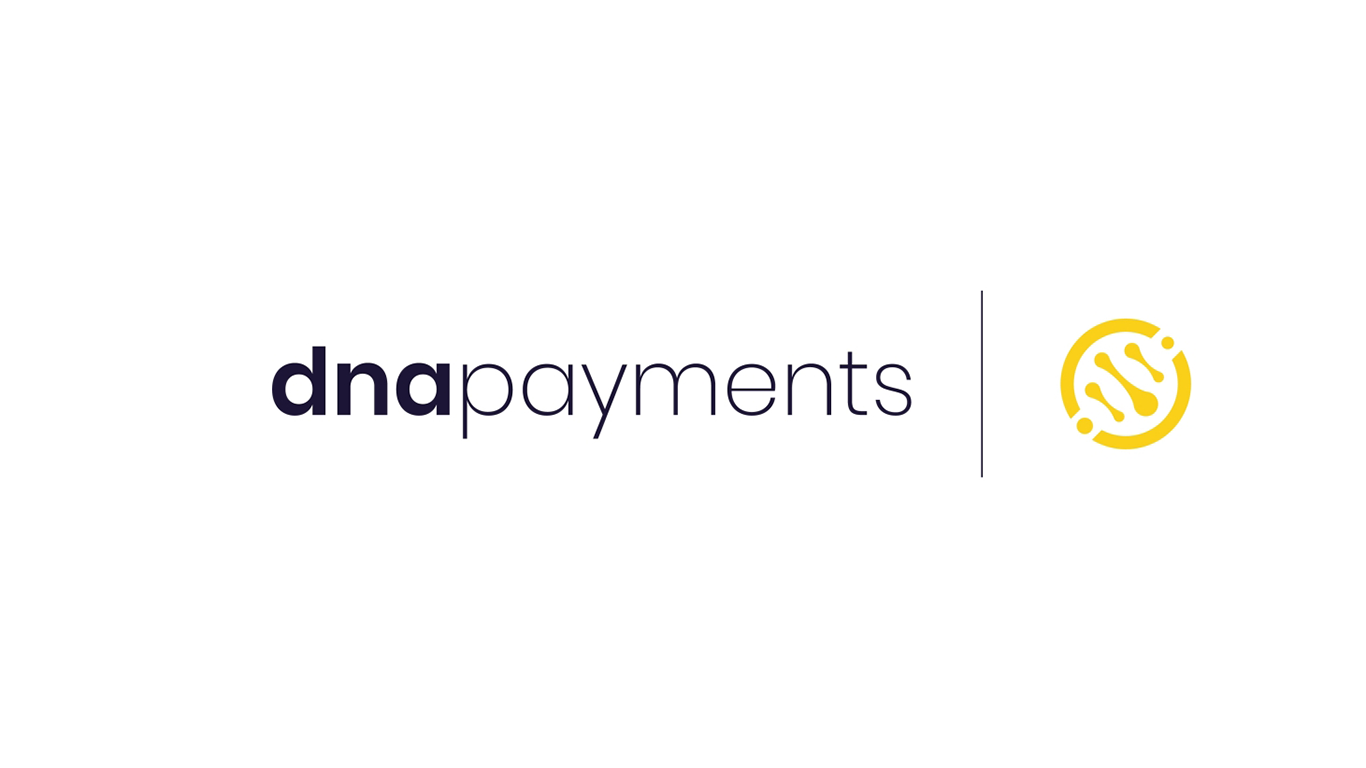
DNA Payments Group, one of the largest independent, integrated omnichannel payments companies in the UK and EU, has appointed former Head of Unified Commerce from Adyen, Jan-Pieter (JP) Lips as its new Chief Executive Officer.
JP will be responsible for DNA Payments’ next period of growth as the company continues to develop and provide simple, unified payments into fast-growing vertical market sectors such as restaurants and specialist retail.
Founders of DNA Payments Arif Babayev and Nurlan Zhagiparov said: “We are delighted to have secured JP as CEO. He brings with him more than two decades of immense experience after founding Nectar and at the highest level at Adyen. His passion for customer experience means that he is an outstanding candidate for the role and in the perfect person to take DNA to even greater heights.
This move will allow Nurlan to focus on Innovation, Product and Technology and Arif on M&A, expansion plans, strategy, and key partnerships.
We have been through a long and thorough selection process and are convinced that JP is the right person for the role. He has our full support, and we will continue to work alongside him to take DNA to the next chapter of our exciting journey”.
JP was co-founder of the successful Nectar program back in 2002. He has spent the last four and a half years as Head of Unified Commerce at Adyen, the listed payments platform. There, he was responsible for the omnichannel verticals and for the development and driving adoption of the Unified Commerce offering – enabling omnichannel companies in retail, food and beverage, and hospitality.
Jan-Pieter Lips, CEO at DNA Payments said: “I am excited to join DNA at this key moment where the company is going through huge growth. Creating great customer experiences is now non-negotiable and expectations from consumers are growing exponentially. More than ever before, companies want to quickly and easily adapt to changing customer behaviours and new innovations in commerce and payments. DNA’s people and platform are incredibly well placed to deliver this.
I am a big believer in the transformational role of technology, and DNA is in a very strong position as a technology-first, end-to-end payments platform that consolidates and supports multiple channels. By providing these scalable and secure systems, we can help our clients provide their customers what they want and need - a consistent buying experience.”
Related News
- 03:00 am
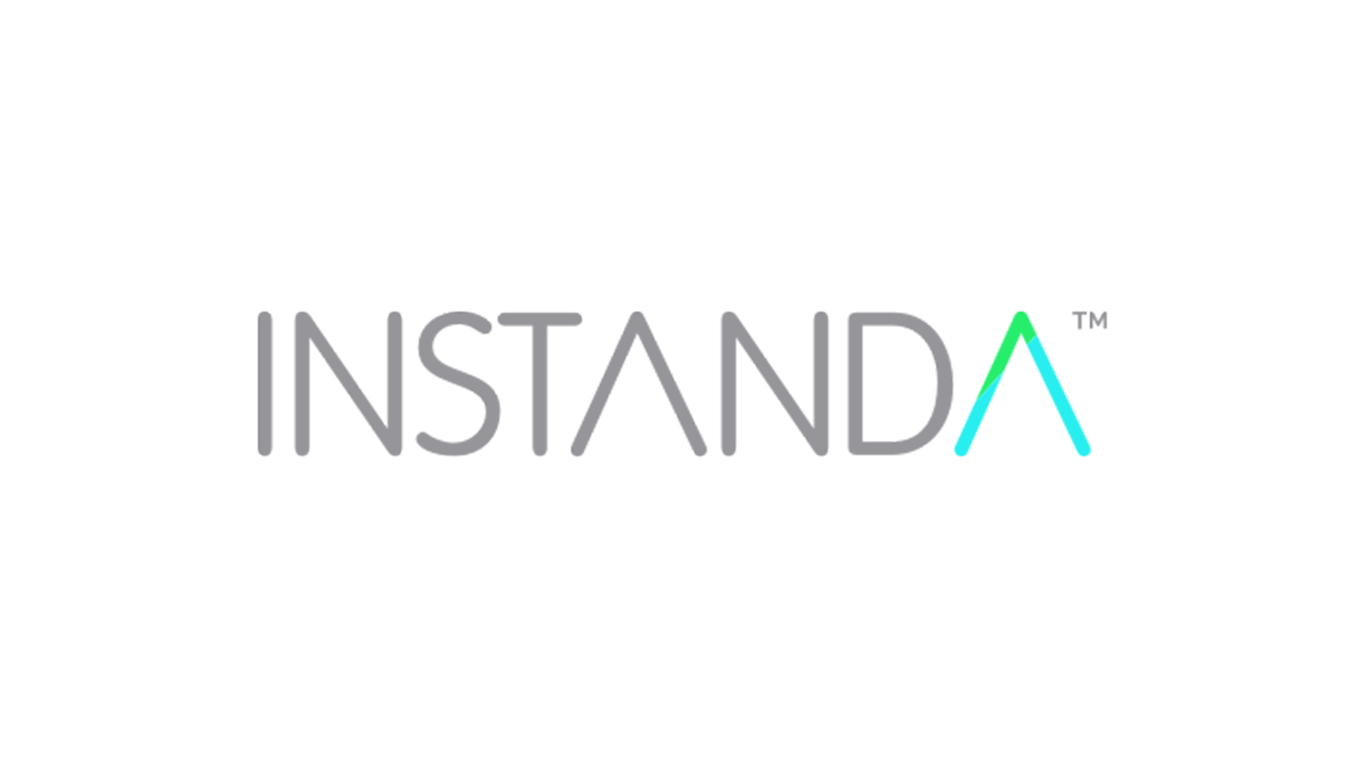
Findings from a new global thought leadership report published today by the no-code digital insurance platform provider, INSTANDA - Re-imagining the Digital Insurance Landscape: 10 Years from Now - highlights a once-in-a-generation opportunity to transform the industry. However, a new type of muscle is required to truly embrace what the Information Age has to offer as experts warn many insurers risk being left behind.
Curated from a series of one-to-one interviews with 40 experts including recognised global software vendors, insurance consultants, leading insurers, and members of the Insurtech and MGA community, INSTANDA’s report shines the spotlight on customer-centricity. While there is a great deal of discussion on the drivers for change, the consensus is that the industry must invest in the right technology and get better at telling its own story and do so quickly.
Below is a summary of some of the key findings from the report:
1. Time to place the customer at the forefront
Research from INSTANDA shows that consumers are indifferent to the industry; they have neither a positive nor negative perception of the industry and are yearning for a more personalised experience. This signifies a huge opportunity for insurers to better serve customers. UK and US consumer research findings highlight the need for a far more personal, frictionless customer experience, as 26% (1 in 4) respondents noted they want to be able to make a claim easily, 23% want to make policy changes on their own and 21% want products that are personalized to them.
Experts unanimously agree that insurers need to move away from designing new products and customer experiences through the insurer lens. Instead, they must refocus their efforts on understanding exactly what the customer wants, expects, and needs.
The options for integrating tailored, digital insurance solutions into an embedded partner’s value proposition are considerable – with many experts pointing to it being one of the biggest transformative opportunities for the industry and its customers.
2. Seeing the AI opportunity ahead of the risk
It’s clear that AI and connected technologies are transforming every aspect of the insurance value chain. There’s a huge opportunity for AI to intersect operational efficiency and customer service but the insurance industry is still in the embryonic stages of knowing exactly what to do with Generative AI. There appears to be a blurring of lines. Experts call for further clarity and cautious optimism to realise the benefits of AI as an effective co-pilot and discuss why seeing the ‘opportunity’ ahead of ‘the risk’ is a defining characteristic of progressive insurers.
AI and Generative AI have the potential to change the way consumers see, engage with and purchase insurance. Experts agree that AI will have the greatest influence on the areas that INSTANDA’S research also indicates are most valuable to consumers: product personalisation, greater choice, and better claim processing.
However, one of the biggest calls for action from the report is for insurers to bring their data estates into order. Experts discuss how the industry has vast amounts of data, but this isn’t necessarily translating into better outcomes for the customer or being realised at a risk management level.
In an era where data abundance is both a boon and a challenge, the insurance industry must find a way to utilise large quantities of data to drive innovation and improve decision-making, while also addressing the challenges around privacy and managing customer information.
3. Building ecosystems that are fit for the future
Experts share why the case for executing processes, or parts of processes in an ecosystem is quickly rising in importance. The explosion of insurtechs has plateaued off to create strong digital offerings across the insurance value chain. Talking from experience, report contributors discuss the impact this is having on core modernisation and share how the ‘Middle Layer Solution’ can add years to an aging legacy system. However, for the industry to break free from its legacy constraints, there needs to be a wholesale change in mindset to accept that it’s not just okay but necessary to meet business demands with non-core technology.
Commenting on the findings of the report, Tim Hardcastle, CEO & Co-Founder of INSTANDA, said:
“Our report has shown that there’s far too much friction between the customer and insurer across the value chain. Insurers know this and want to do better, but a shift towards a more personalised customer experience requires flexible technology and processes, which is easier said than done. Many insurers struggle to keep pace, as the technology that brought them to this point, is now unable to serve them for tomorrow. Embracing change and innovation, especially in collaboration with insurtechs, helps overcome these problems and positions it for growth for the future.
“Compared to five years ago, there is now a huge swathe of progressive insurers and insurtechs, including INSTANDA, working collaboratively. They are leveraging data for insight, creating ‘retail like’ feedback loops and processes to use this information to better serve the customer, and manage claims in a more efficient way. Right now, the key challenge facing the industry is to ensure it can keep pace with changing customer needs and expectations. This means adopting a new mindset – investing in new technologies and ways of working and being more open minded about partnerships. As a true core insurance platform, we work tirelessly to stay ahead of the curve. Using our unique no code technology, we not only help clients meet their customer needs, but pre-empt them, to help bring a better insurance experience to more people.”
Related News
- 04:00 am
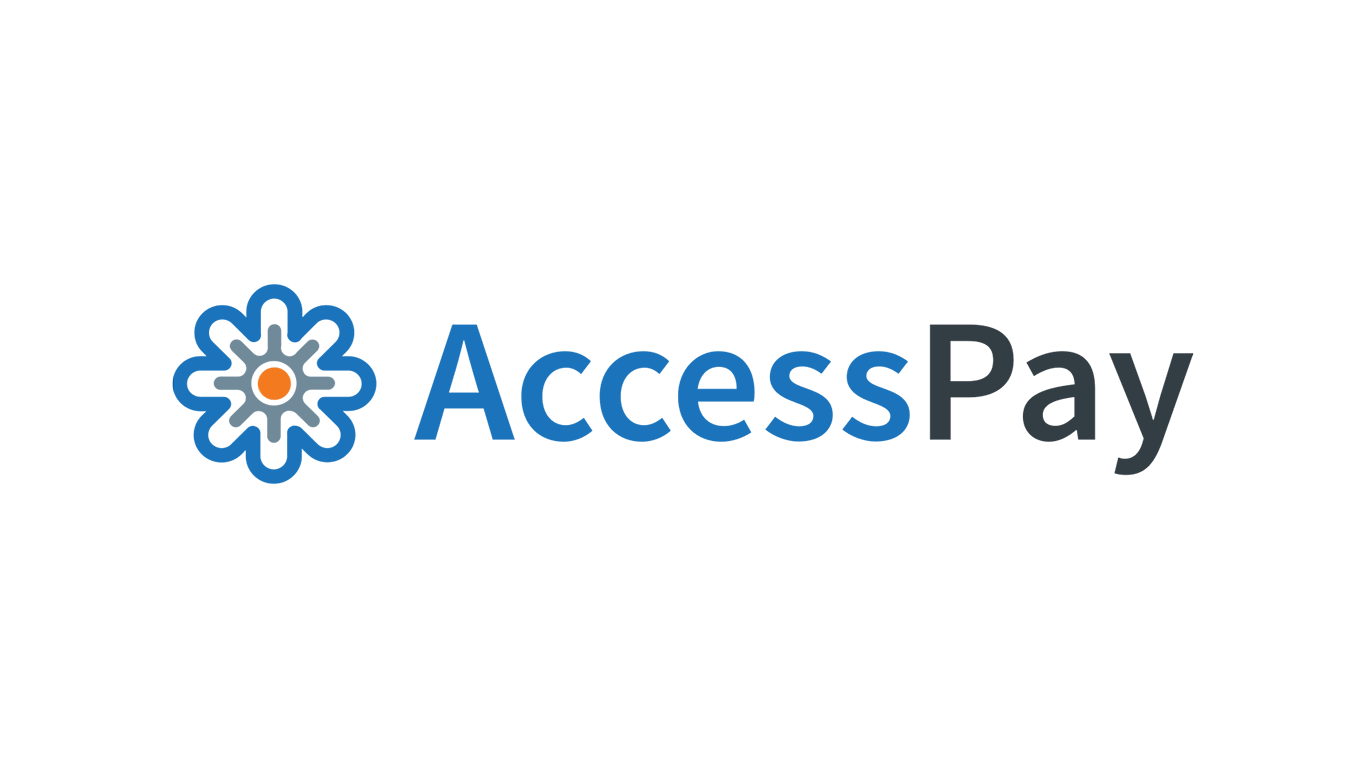
AccessPay, the leading provider of bank integration, today announced the addition of Confirmation of Payee (CoP) and Sanctions Screening capabilities to its Fraud & Error Prevention Suite, launched in 2023. The new capabilities will enable finance teams to avoid fraudulent and non-authorized payments and accidental misdirection of funds. They will also ensure compliance in an increasingly complex regulatory landscape.
“In developing the Fraud & Error Prevention Suite, AccessPay’s aim was to help businesses take a proactive approach to fraud and risk management,” states Anish Kapoor, CEO of AccessPay. “Regulators have increasingly high expectations when it comes to fraud and risk management, as demonstrated by the upcoming UK SOx regulation2, which requires large businesses to have robust controls in place to prevent fraud and errors. The addition of new CoP and Sanctions Screening capabilities will allow finance teams to de-risk even more elements of the payments lifecycle within our platform, demonstrating these controls to regulators.”
The new CoP capability from AccessPay enables organizations to perform name checks against beneficiaries to ensure the payment is sent to the correct account, helping to protect against Authorised Push Payment Fraud and the risk of human error. The UK’s largest banks currently offer coP checks and the PSR3 has mandated that all PSPs4 and building societies roll out these checks by mid-2024.
“Many finance professionals will be familiar with CoP checks through their banking platforms; a key differentiator of AccessPay’s CoP service is that it is embedded within the AccessPay platform,” details Fiona Brown, Customer Success Director at AccessPay. “This removes the need for finance teams to conduct checks off-platform by creating mock payments on banking portals to verify payee details. Instead, all checks happen within AccessPay, considerably decreasing the risks associated with manual checks and increasing efficiency in payment workflows.”
AccessPay’s new Sanctions Screening capability enables businesses to check individuals, companies and transactions against government-issued lists of restricted parties. This helps firms subject to Money Laundering regulations bolster their AML5 processes when onboarding customers by detecting accounts linked to financial crime. Keeping up with the increasingly complex sanctions landscape has proved particularly challenging in light of the enduring Russia-Ukraine conflict, which has seen bodies such as OFSI6 introduce a raft of new sanctions packages against Russia and its allies. Failure to comply means companies can incur heavy fines and suffer significant reputational damage; data from HM Treasury7 shows that the total value of fines levied by the various UK supervisory bodies for non-compliance jumped from £109m in 2020-21 to £504m in 2021-22.
Together, the tools offered by AccessPay’s Fraud & Error Prevention Suite help businesses to streamline processes, mitigate key risks and improve regulatory compliance. With new risks emerging all the time, AccessPay will continue to add new features to the Fraud & Error Prevention Suite to help protect against potential losses, legal liabilities, and reputational damage.
Related News
- 03:00 am
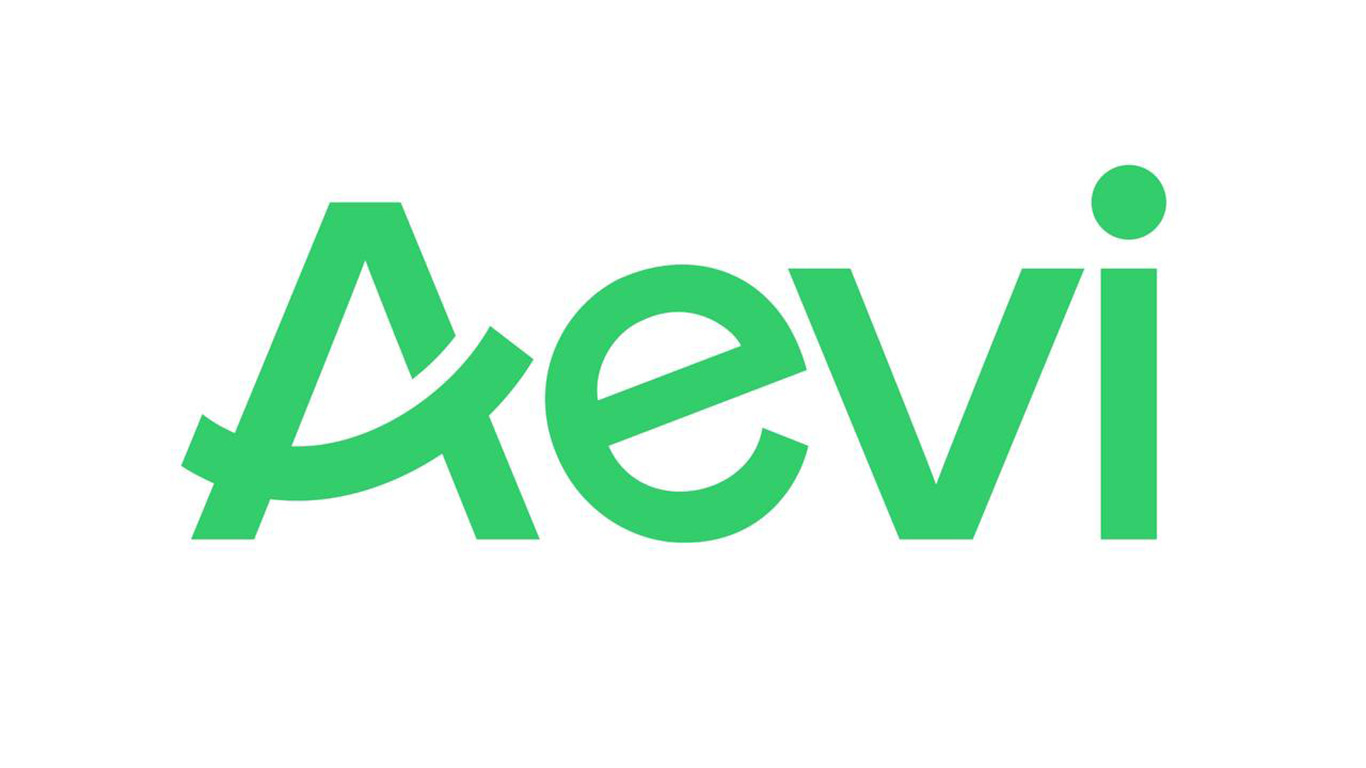
Aevi, the industry-leading platform provider for in-person payment orchestration, proudly achieved a transformative phase of growth in 2023 as it demonstrated resilience and success, marked by an impressive +25% growth in recurring revenues during a period of industry average suppressed growth rates.
Following Aevi's separation from Diebold Nixdorf last September, led by HPE Growth, an established pan-European growth equity firm, Aevi showed compelling developments in growth, efficiency, and profitability, underscoring its strategic trajectory as a fully independent company. This acceleration further cemented the trust and conviction of its current shareholders and resulted in HPE Growth providing additional investment capital to further accelerate the company's sustainable growth momentum to further scale, solidify its competitive advantage, and enhance the product platform used by market-leading clients.
Frederic Huynen, Partner at HPE Growth, commented, "We recognize Aevi as the frontrunner in the market of in-person payment orchestration to enable the most reliable, secure but flexible omnichannel payment experience. Aevi's embedded platform, distinguished by its openness and API-driven architecture, offers a unique value proposition to among others PSP and ISV customers to integrate POS payments and data across all channels, to maximize the payment experience for the merchants and their end-clients."
"Having operated independently and owned by a growth-equity shareholder has already proven to benefit our agility, stakeholder alignment, and independent strategic evolution. Being well-funded, Aevi eagerly anticipates a thriving 2024 together with its supportive and trusting shareholders. Finally, Aevi can focus on what is central in its culture - the customer," stated Mike Camerling, CEO at Aevi. "The injection of additional financing from HPE Growth is a testament to our shared vision and confidence in Aevi's capabilities. This strategic move underscores our commitment to pushing the boundaries of in-person payment orchestration."
As Aevi embarks on this next dynamic chapter, the company remains focused on its commitment to shaping the future of card-present payments with its orchestration solutions connecting the world of POS with eCommerce in Europe and the US and invites stakeholders, partners, and clients to join them on this exciting journey.
Related News
- 02:00 am
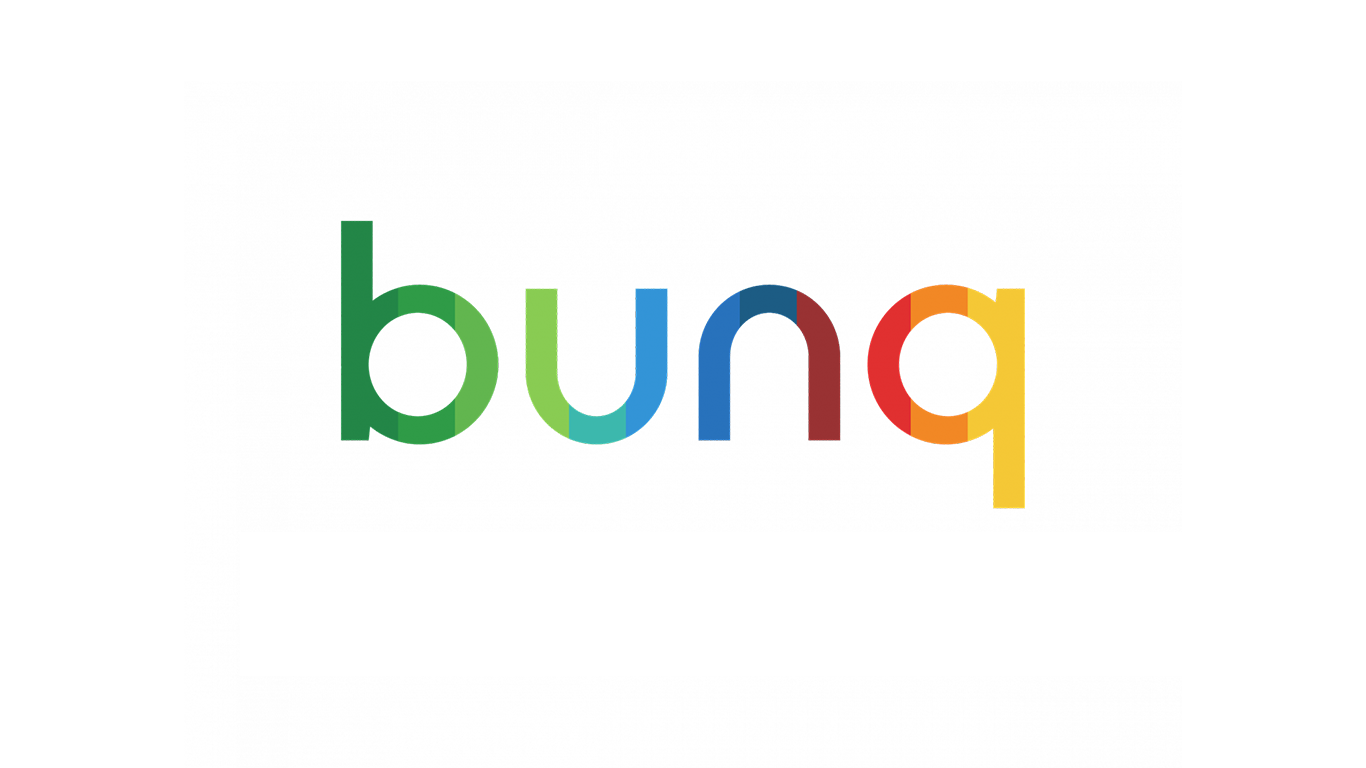
bunq, the second largest neobank in Europe, reports a pre-tax profit of €53.1 million in 2023. A testament to bunq’s sustainable business model proven to yield record profits throughout 2023, the challenger will direct its net profit to propel its global expansion strategy.
In pursuit of stepping outside the European Union, bunq has now submitted its application for an E-Money Institution (EMI) license in the UK, which will allow bunq to tap into a large market that includes an estimated 2.8 million British digital nomads. Fully licensed in all of the EU and awaiting a banking permit in the US, bunq continues to serve its UK users acquired before Brexit under relevant regimes. It’s now poised to re-plant its flag and once again let its UK users open a local payment account in just 5 minutes.
“The UK is home to the second-highest number of digital nomads globally, so naturally, we want to be there”, says Ali Niknam, founder and CEO of bunq. “We want to truly make their life easy, that’s why we’re excited to reintroduce bunq to the Brits and enable them to bank like a local all across Europe.”
Among the first neobanks globally to achieve structural profitability in a highly competitive market, bunq has now reached its first full year of bottom-line profitability. This comes as bunq continues to build momentum globally, with the neobank’s user base reaching 11 million at the end of last year. The challenger’s proven business model, rapidly growing deposits and established technology platform underscore bunq’s belief in its expansion in the UK and across the globe.
“As a bridge between Europe and the rest of the world, the UK is at the forefront of European fintech and a hugely important market for bunq. As a true tech company, it only makes sense for us to pursue this market”, concludes Niknam.
In the last quarter of 2023, bunq’s gross fee income grew by 20%, compared to the last quarter of 2022, and user deposits grew almost fourfold, from €1.8 billion to almost €7 billion at the end of 2023. Gross interest income in the last quarter of 2023 grew by 488%, compared to the same period in 2022.
The news follows bunq’s recent announcement on launching Finn, bunq’s Generative AI platform, that since launch already helped bunq users address nearly half a million queries on budgeting, transactions, and more.









